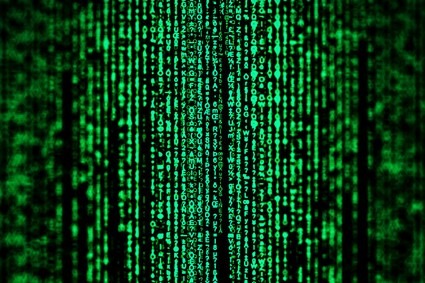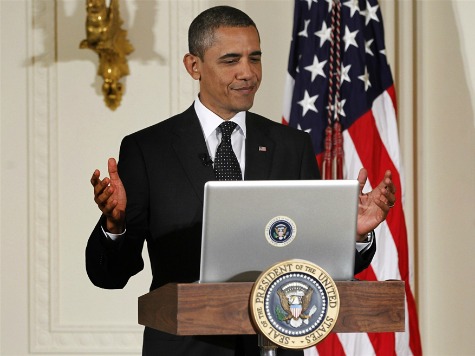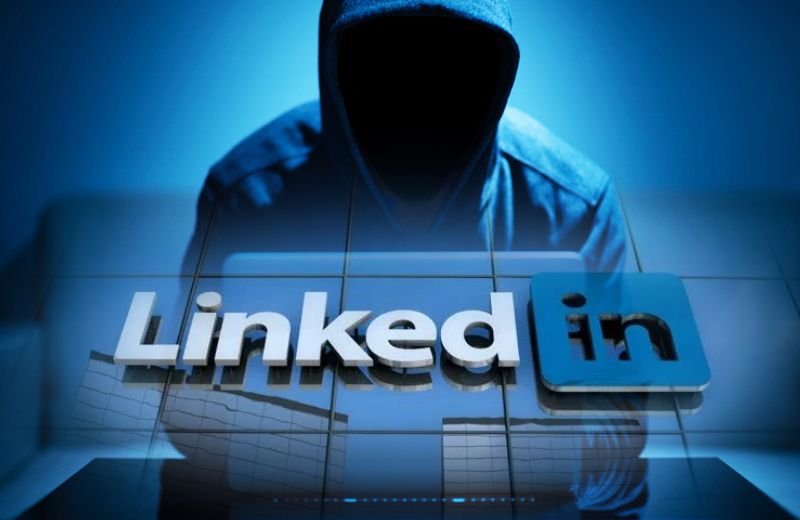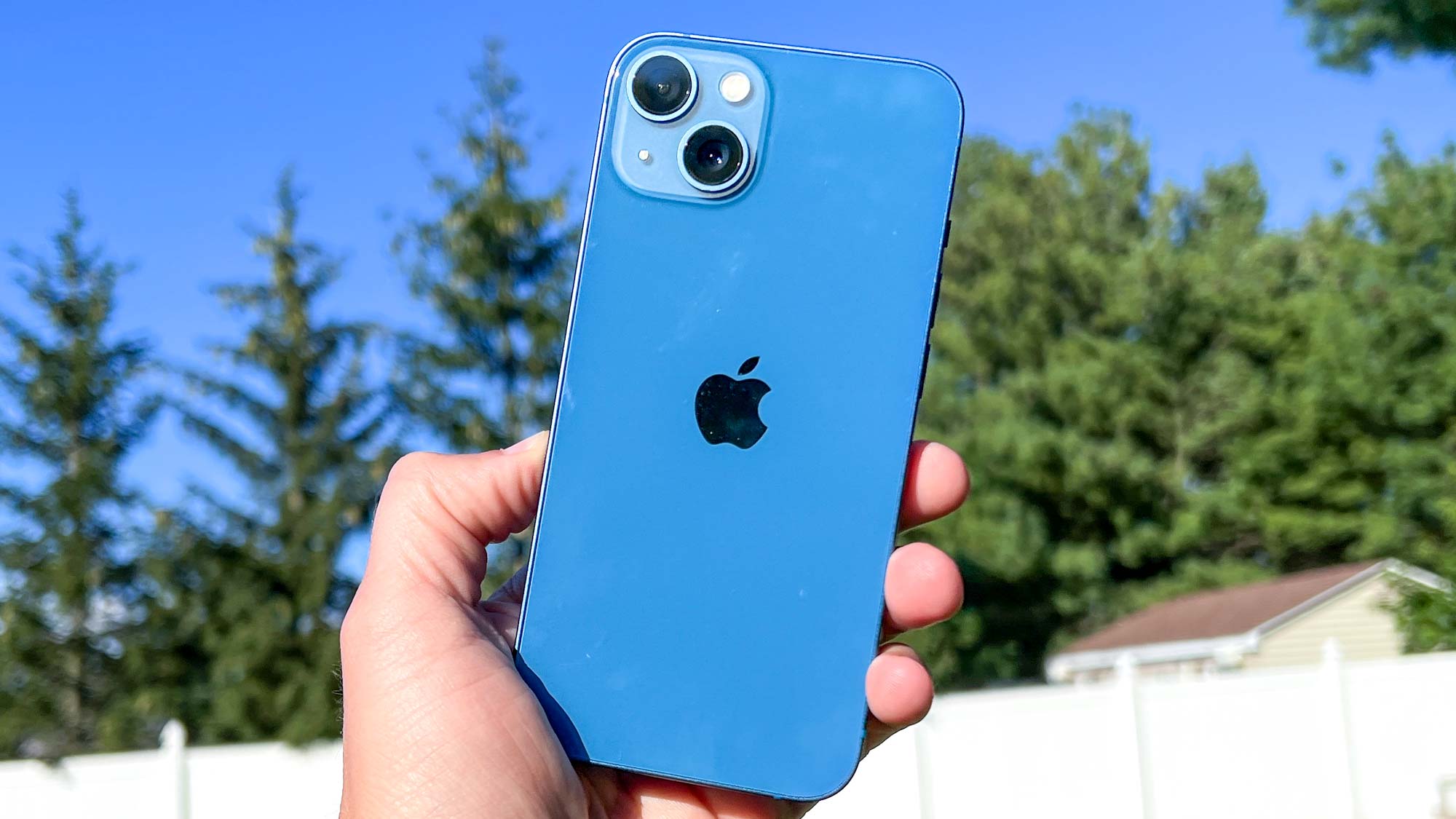Data Breaches Boost Funding for Cybersecurity Startups Extract: In the 2015 first half, venture firms invested $1.2 billion in cybersecurity startups, according to researcher CB Insights. That is down slightly from $1.4 billion a year earlier but up sharply from $771 million in 2013’s first half. The shift is particularly notable at Andreessen Horowitz, which used to view security companies as necessary for Internet safety but less lucrative than other technology niches. One reason is that cybersecurity startups were often acquired prior to an initial public offering, says Scott Weiss,…
Search Results for: cybersecurity
Is Quantum computing about to make big trouble for cybersecurity?
There is a race to build quantum computers, and (as far as we know) it isn’t the NSA that is in the lead. Competing are big tech companies such as IBM, Google, and Microsoft; startups; defense contractors; and universities. One Canadian startup says that it has already developed a first version of a quantum computer. A physicist at Delft University of Technology in the Netherlands, Ronald Hanson, told Scientific American that he will be able to make the building blocks of a universal quantum computer in just five years and a fully-functional demonstration machine…
Why investors should be concerned about cybersecurity breaches
Major security breaches continue to hit headlines, as businesses are forced to shift from focusing on the imminent nature of threats to calculating their potential financial impact. Companies are investing billions of dollars in cybersecurity, but the average return on spending for security technology is only 14%. Every year the cost of a data breach continues to rise. In spite of this, investors and shareholders don’t react strongly to news of a breach. Target’s stock fell 11% after it revealed it was the victim of one of the largest breaches ever to…
Russians Implicated In White House Hack After Obama Makes Cybersecurity Executive Order
The same Russian hackers who breached the State Department system for months also gained access to an unclassifed White House computer system, according to a report from CNN. Although the system did not contain classified information, the Russians reportedly had access to the president’s private schedule. The connected cyberattack on the State Department in recent months has been characterized as the “worst ever” hack on a federal agency. The White House is no stranger to attacks from foreign spies. The Chinese have been implicated in several high profile attacks of White House unclassified systems and employee emails. News…
White House: President Obama Announces New Cybersecurity Legislative Proposal and Other Cybersecurity Efforts
Obama unveils cybersecurity proposals: ‘Cyber threats are urgent and growing danger’ Proposed legislation will allow companies to share information with government agencies including NSA, with which White House admitted there were ‘overlapping issues’ “In this interconnected, digital world, there are going to be opportunities for hackers to engage in cyber assaults both in the private sector and the public sector. Now, our first order of business is making sure that we do everything to harden sites and prevent those kinds of attacks from taking place…But even as we get better,…
Cybersecurity and Internet Governance
Editor’s note: This brief is a feature of the Council of Councils initiative, gathering opinions from global experts on major international developments. Cybersecurity is now a leading concern for major economies. Reports indicate that hackers can target the U.S. Department of Justice or Iranian nuclear facilities just as easily as they can mine credit card data. Threats have risen as the Internet has become a critical infrastructure for the global economy, with thousands of operations migrating onto it. For example, the innocuous practice of bring-your-own-device to work presents mounting dangers…
Internet Providers Persuade FCC Panel Against Cybersecurity Recommendations
WASHINGTON—Big Internet providers seem to have talked their way out of unwelcome new recommendations on cybersecurity. Danny Yadron has specifics of how Internet providers oppose proposed cybersecurity measures put forth by an FCC panel. Photo: Getty Images. An original draft of a report by an advisory panel to the Federal Communications Commission, viewed by The Wall Street Journal, endorsed a list of concrete suggestions for major telecommunications and cable companies to tackle the cybersecurity problem. Those measures—which included steps such as controlling which employees have administrative privileges on company networks—weren’t…
Technology Shapes Future Work
Technology plays a vital role in shaping the work and businesses of the future. Here are several ways in which technology can chart a path for the future: Automation and Artificial Intelligence (AI): Automation and AI technologies are transforming various industries by streamlining processes, reducing costs, and increasing efficiency. Repetitive and mundane tasks can be automated, allowing employees to focus on more complex and creative work. AI can also provide data-driven insights and decision-making support, improving business outcomes. Remote Work and Collaboration Tools: Advances in communication and collaboration technologies enable remote work…
Nclose confirms Linkedin is under cyber risk
Nclose confirms LinkedIn is under cyber risk LinkedIn has become one of the riskiest social media platforms to date, according to South African cybersecurity firm Nclose.In February 2021, the data from 500 million LinkedIn users was leaked by hackers, in June 2021, more than 700 million LinkedIn users had their data leaked and put up for sale. In June 2022, the FBI said that the fraud on LinkedIn posed a significant threat to the platform and its users. The site has become one of the riskiest social media platforms to date,…
Researchers Devise iPhone Malware that Runs even when Device is turned off
Researchers Devise iPhone Malware that Runs even when Device is turned off Research is largely theoretical but exposes an overlooked security issue When you turn off an iPhone, it doesn’t fully power down. Chips inside the device continue to run in a low-power mode that makes it possible to locate lost or stolen devices using the Find My feature or use credit cards and car keys after the battery dies. Now researchers have devised a way to abuse this always-on mechanism to run malware that remains active even when an…









